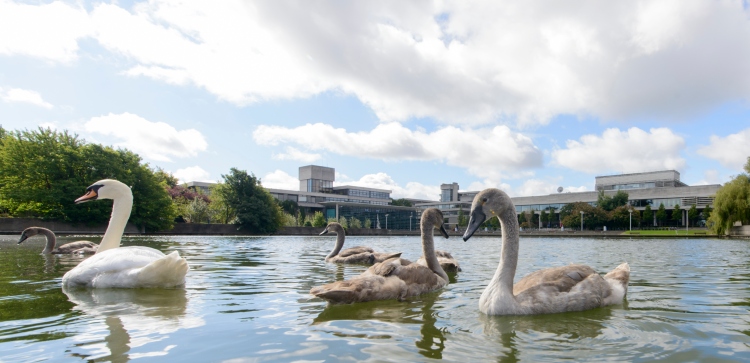UCD School of English, Drama, Film, & Creative Writing
Research Seminar Series
Spring 2025
All seminars are hybrid (zoom and in-person), and do not require registration, unless marked otherwise.
Convenor Spring 25: Emilie Pine
Wednesday, 29 January @ 1pm in C218
Esther Borges, ‘Mapping south asian queerness in YA Irish Lit’
Muriel Domingues Viso, ‘Contemporary Life Writing by Irish Women Writers’
Wednesday, 12 February @ 1pm in C218
Harvey O’Brien, ‘Wrestling the bear: anticipating outcomes fromresearch leave’
Nicholas Daly, ‘Arms Dealer and Popular Novelist: Editing John MeadeFalkner’
Wednesday, 26 February @ 1pm in C218
Phoebe O’Leary, ‘What is a Retrovirus? Issues with Interdisciplinary Work’
Iulia Molnar, 'East European Migrants in Dariel and "Amy Foster": the Issue of Comparison'
Wednesday 5th March @ 1pm in C218
In association with the Centre for Gender, Feminisms and Sexualities
Tasneem Filaih, “The President said that we can have a Masjid in this country”: Establishing a Space for Muslims in Ireland*
Wednesday, 26 March @ 1pm in C218
Lucy Collins, ‘A Poetics of Disobedience’
Anne Mulhall, ‘Writing About Borders’
Wednesday, April 9th @ 1pm in C218
Ailise Bulfin, Caroline Dunne, Aleksandra Milenovic, Victoria Pöhls & Giulia Scapin: The CSAReps project: Examining the nature and potential social impact of fiction representing child sexual abuse
Wednesday, 16 April @ 1pm in C218
Lindsay Thistle, ‘Staging World War II and the Holocaust’
Josh Jewell, ‘Abject labour and the World Novel’
For anyone who wants to attend by Zoom, links will be circulated in advance
*This event will be in person only
Please email Research Administrator, Kathryn Murray - (opens in a new window)kathryn.murray@ucd.ie - with requests for Zoom links.
